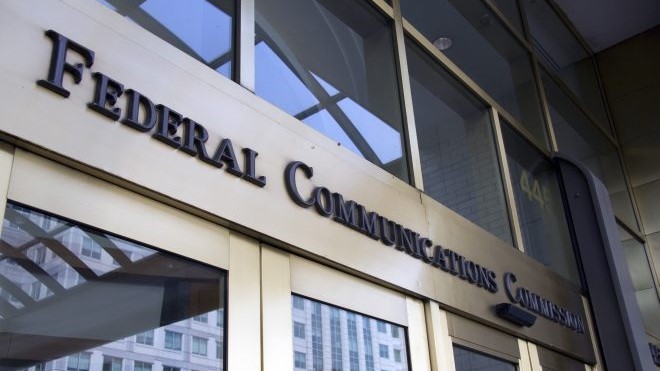NCTA to FCC: Defend 6-GHz Interference Call
Cable group says broadcasters offered no convincing evidence of issues for newsgatherers

WASHINGTON—Cable operators are telling the Federal Communications Commission to vigorously defend its conclusion that it can open up the 6-Gigahertz band to unlicensed mobile indoor WiFi without causing harmful interference with broadcast electronic newsgatherers (ENGs), which also use the band.
NCTA-The Internet & Television Association told the FCC in comments that broadcasters had not provided any credible evidence of harmful interference to mobile indoor operations. “The commission can easily dispel [the National Association of Broadcasters’] concerns,” it said, encouraging the regulator “to do so promptly to ensure that American consumers can benefit from the panoply of innovative services and applications that unlicensed access to the 6-GHz band will make possible.”
The U.S. Court of Appeals for the D.C. Circuit in December upheld most of the FCC’s decision, but did say the agency had not sufficiently responded to a request from broadcasters that it reserve a sliver of the band exclusively for mobile licensees due to potential interference. It asked the FCC to make a better case.
NCTA's comments were in response to that court remand.
Petitioning the court to reverse the FCC’s decision were AT&T, Lumen Technologies, electric utilities, the Association of Public-Safety Communications Officials International (APCO), and the NAB.
Broadcasters had argued for protecting ENG crews already using the band by reserving an 80-MHz sliver for them, saying there was too much risk of harmful interference to that ever-more-crucial service in a time of pandemic.
But FCC engineers concluded that the band could be shared and ENG (and utility companies) protected with the conditions the agency had imposed. All of the commissioners agreed, but at least on the point of a sliver for mobile licensees, the court did not.
Get the TV Tech Newsletter
The professional video industry's #1 source for news, trends and product and tech information. Sign up below.
NCTA said the FCC should be able to assuage the court's concerns given what it calls the “insignificant” risk of harmful interference.
Contributing editor John Eggerton has been an editor and/or writer on media regulation, legislation and policy for over four decades, including covering the FCC, FTC, Congress, the major media trade associations, and the federal courts. In addition to Multichannel News and Broadcasting + Cable, his work has appeared in Radio World, TV Tech, TV Fax, This Week in Consumer Electronics, Variety and the Encyclopedia Britannica.

